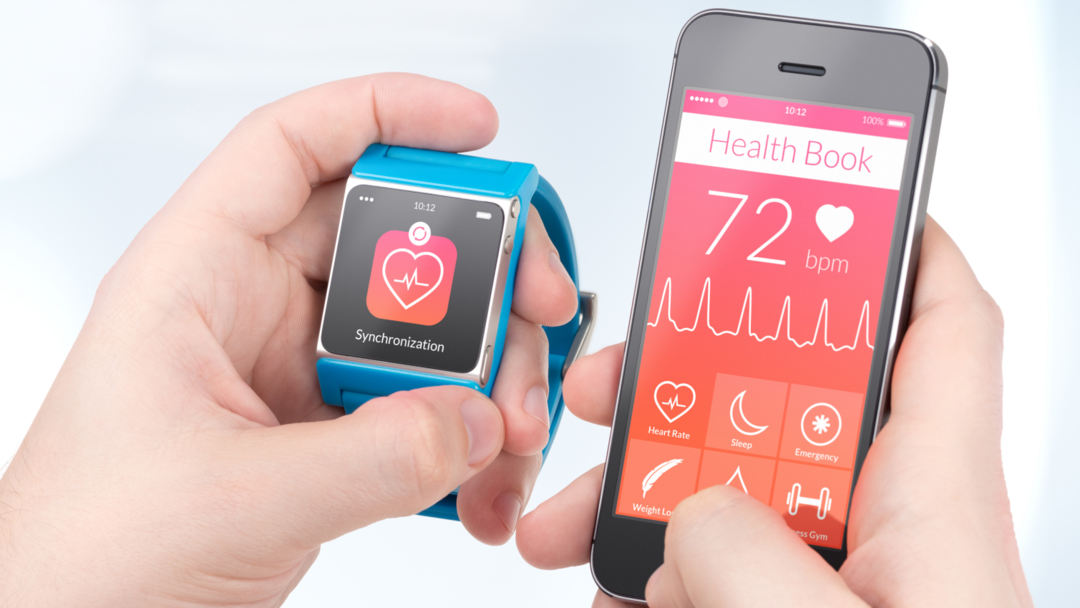Chronic conditions in Europe are on the rise - not only because of the increasing life expectancy. Meanwhile, the health care systems in European countries are not yet sufficiently equipped to treat patients suffering from a combination of chronic conditions. Dr. Monique Tabak, project leader at the University of Twente, explains: "A patient with COPD, chronic heart failure and anxiety disorders, to give an example, could experience shortness of breath. But how do we find out what causes this symptom? By checking up on and monitoring the patient at home or in their everyday environment and combining this data with medical and scientific knowledge, we can develop new and validated models to improve our understanding of what causes chronic conditions and how they progress. Through the application of privacy preserving tools and machine learning, we can provide top-quality tailor-made care to our patients."
Joining the project is the Cyber-Physical Systems (CPS) research department led by Prof. Dr. Rolf Drechsler. The team of the German Research Center for Artificial Intelligence (DFKI) in Bremen contributes its expertise in AI and leads the research into machine learning models from personal data and real-world data for the prognosis of risks and the suggestion of interventions. The researchers also help design the data aggregation and curation methods in order to use multimodal data from medical records, clinical studies, expert and patient knowledge and guidelines as well as real-world data. The methods are used to train and validate models and use them for prognosis. Furthermore, the research department develops a safe and data privacy compliant model platform for the data management and the derivation of explanations for predictions and suggestions for interventions from trained models.
The project consortium cooperates with three hospitals in Italy, Estonia and the Netherlands in order to aggregate patient data using virtual companions as well as suggesting personalised interventions. In the first step, existing data from clinical tests will be combined with real-world data. The project RE-SAMPLE is funded as part of the EU funding initiative Horizon 2020 with a total of 6 million Euro over a period of 4 years. The consortium consists of:
- University of Twente (UT), Netherlands
- Medisch Spectrum Twente Hospital (MST), Netherlands
- University of Piraeus Systems Security Lab (UPRC), Greece
- Tartu Ülikooli Kliinikum (TUK), Estonia
- Policlinico Gemelli Hospital (GEM), Italy
- European Hospital and Healthcare Federation (HOPE), Belgium
- German Research Center for Artificial Intelligence (DFKI), Germany
- Atos IT Solutions and Services (ATOS), Spain
- Roessingh Research and Development (RRD), Netherlands
- Innovation Sprint (iSPRINT), Belgium

